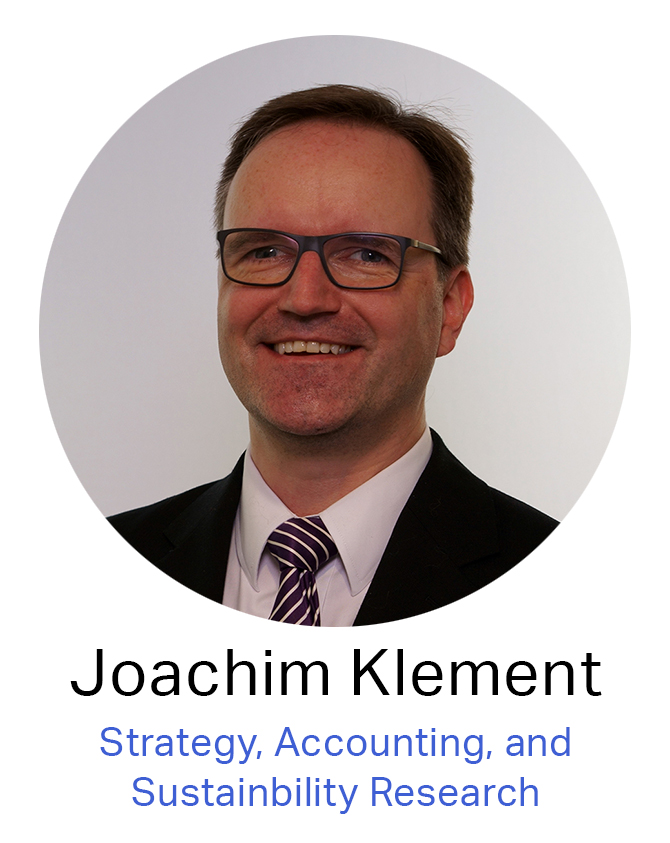Thought of the week – The cost of the Peter Principle
It’s February and at many companies where I have worked that means it is time for promotions. It is the time when valued employees are given new and expanded responsibilities in managing teams. And it is peak time for the Peter Principle, i.e. the principle that people are promoted to their individual level of incompetence.

In essence, the Peter Principle states that successful employees are more likely to be promoted. And as they get promoted, they eventually reach a level at which they are overwhelmed and unable to perform. And this is when the promotions stop. The results are hapless managers and frustrated employees.
But are companies really promoting along the Peter Principle and if so, what are the costs for the business? This is the question that Alan Benson and his colleagues addressed in a study of salespeople at 214 American companies.
The advantage of focusing on salespeople is that their measure of success is easy to quantify: how much revenue they generate for the company. Furthermore, the success of salespeople as managers is also relatively easy to measure: how much money their teams generate relative to the old manager.
The results are not encouraging. Or rather, they are encouraging insofar as companies that promote the right way have a distinct advantage:
- Companies indeed follow the Peter Principle. Salespeople that generate more sales are more likely to be promoted to managerial roles. A doubling in sales by a salesperson leads to a roughly 14.3% higher probability of being promoted at the end of the year.
- Unfortunately, good salespeople make for bad managers on average. A good successful salesperson promoted to manage a team can even reduce the sales of the team afterwards. A salesperson X with twice the sales before promotion compared to the average salesperson Y reduces total sales of the team he or she manages by 7.5% compared to the average salesperson.
- Because good salespeople are more likely to be promoted, current promotion practices by companies are worse than promoting people at random.
If current practices are so poor and effectively cost businesses revenue, what works better? In the case of the study, the authors looked at the collaborations of salespeople in achieving sales as an alternative measure. Collaboration is simply a measure of the average number of colleagues that were recorded on the sales ticket. There are ‘lone wolves’ (i.e. salespeople who never collaborate with colleagues on a sale) up to highly cooperative salespeople who share contacts and leads with colleagues in order to achieve a better outcome for the team overall.
And just looking at how collaborative salespeople are can improve sales performance of teams significantly:
- Promoting salespeople with twice as many collaborators as the average salesperson increases team sales after promotion by 15.8%. Thus, compared to promoting people with high sales numbers, team sales can be increased by some 25% by promoting people with better collaboration practices. Team players make for far better managers than highly productive individuals.
- Promoting lone wolves is disastrous for team performance and the business. Teams led by lone wolves see an average reduction in sales of 35% compared to previous management. Lone wolves as managers are truly bad for business.
So, there you have it. If you are an executive thinking about who should lead teams in your business, go for team players, not the most productive or commercially successful employees. At least when it comes to the salesforce that is a formula for success.
Thought of the Day features investment-related and economics-related musings that don’t necessarily have anything to do with current markets. They are designed to take a step back and think about the world a little bit differently. Feel free to share these thoughts with your colleagues whenever you find them interesting. If you have colleagues who would like to receive this publication please ask them to send an email to [email protected]. This publication is free for everyone.


